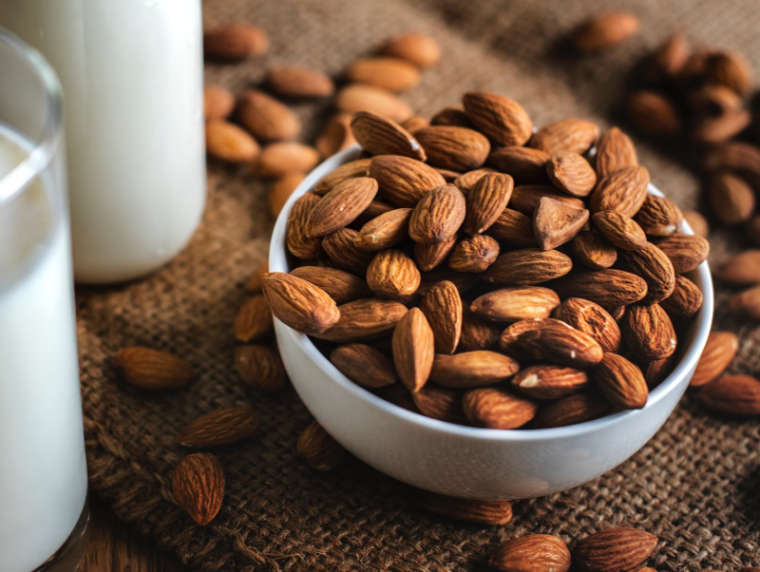
Nuts are often seen as something to snack on and we, most times, eat them just because of the savor [of the very nut we delight to crunch]. Nonetheless most of these nutritious fruits – in case you don’t know; nuts are classified as ‘fruits’ in botanical order – hold so much good in them than you might have ever imagined. There is certainly load of benefits in whichever nut you may choose – walnut, peanut, cashew, almond and so on.
What is in the nut?
- Antioxidants
Walnuts have abundant supply of antioxidants which means they can be very valuable in fighting off the adverse effect of free radicals. Free radicals are unstable molecules that are capable of damaging the body cells and have also been found to cause [and/or aggravate] aging, cardiovascular diseases, cancer and some other degenerative diseases. But the consumption of nuts with antioxidants [such as polyphenol vitamins C and E] can help to neutralize these unstable molecules thus limiting the chance of one falling victim of the aforementioned disorders. Besides walnut, other nuts such as almonds, cashew and pistachios also have a handful supply of anti-oxidants - but not as much as that of walnuts.
- Minerals
Snacking on nuts will yet ensure that minerals [like selenium, calcium, iron, magnesium, manganese, phosphorus and copper] are made available for use in your body system. Each of these minerals is known to be beneficial in one way or the other. For instance, selenium can boost the functioning of the immune system and even prevent prostate cancer – FYI; selenium is a very potent antioxidant – while magnesium and phosphorus play significant role in the formation of bones among other benefits.
- Fibre
Fibre is very essential in promoting the health and functioning of the digestive system, and aid in the lowering cholesterol and blood sugar levels as well as the prevention of cardiovascular diseases and diabetes. Almonds and hazelnuts are particularly rich in fibre. Peanuts, pistachios and pine also have substantial amount of fibre.
- Omega-3 fatty acids
Omega-3 fatty acid can be said to be the ‘good kind of fat’ that are advantageous for preventing heart diseases; improving the health of the eyes, bones, brain and immune system. People pay good sum of money to get Omega-3 fatty acid supplements [as they look to maintain a healthy heart] but regularly eating nuts like walnuts and pecans will not only help you stay healthy but also save you some cost.
- Protein
Nuts are also good source of protein thus they can be of immeasurable benefit in the repair of worn-out tissues and the prevention of inflammation. Peanuts, pistachios, cashews, and almonds are quite rich in protein when considering nutritious nuts.
Other benefits of nuts are discussed under the following headings:
-
Weight loss: Owing to the fact that nuts are low-carb snacks, they can be incorporated into weight loss plan. More so, eating them makes one feel satiated or fuller for longer.
-
Good for diabetic patients
Nuts have low glycaemic index hence they can be effective for reducing blood sugar level. As a result, they are often included in the dietary plan of individuals suffering Type II diabetes. -
Promoting skin health
Nuts [like peanuts and pistachios] that are rich in Vitamin E are great for preserving the health of the skin. So, if you are about keeping your skin in good health, just take pleasure in the crunchy, tasty goodness of the nuts mentioned above. -
Combating insomnia
Nuts can also help you to relax better hence they may be good for combating insomnia. This can be attributed to the fact that most of these contain magnesium – which is usually regarded as the ‘sleep mineral’ – and antioxidants.